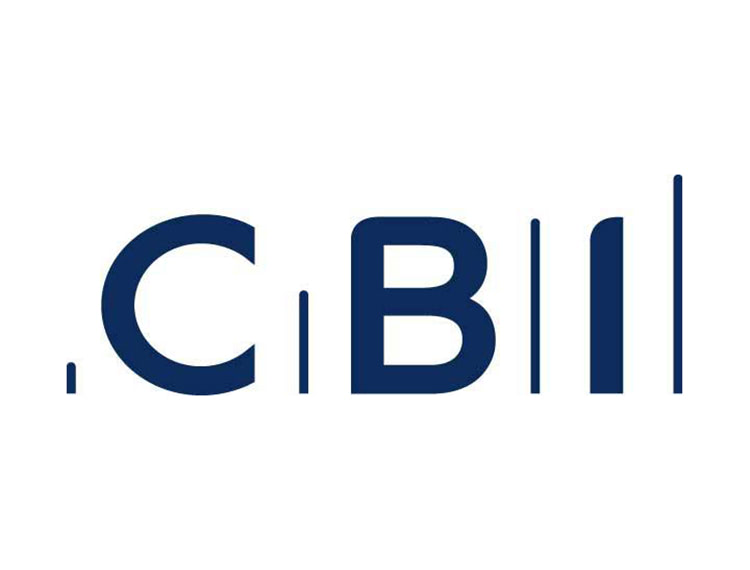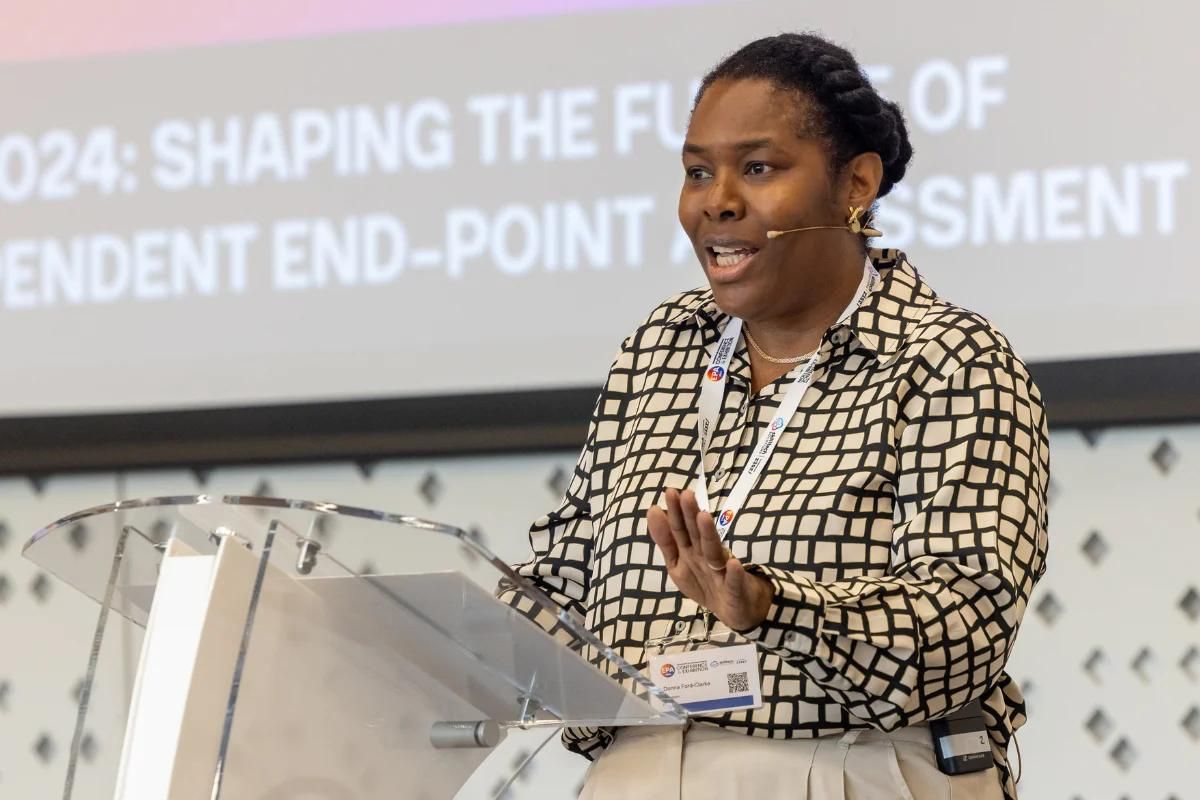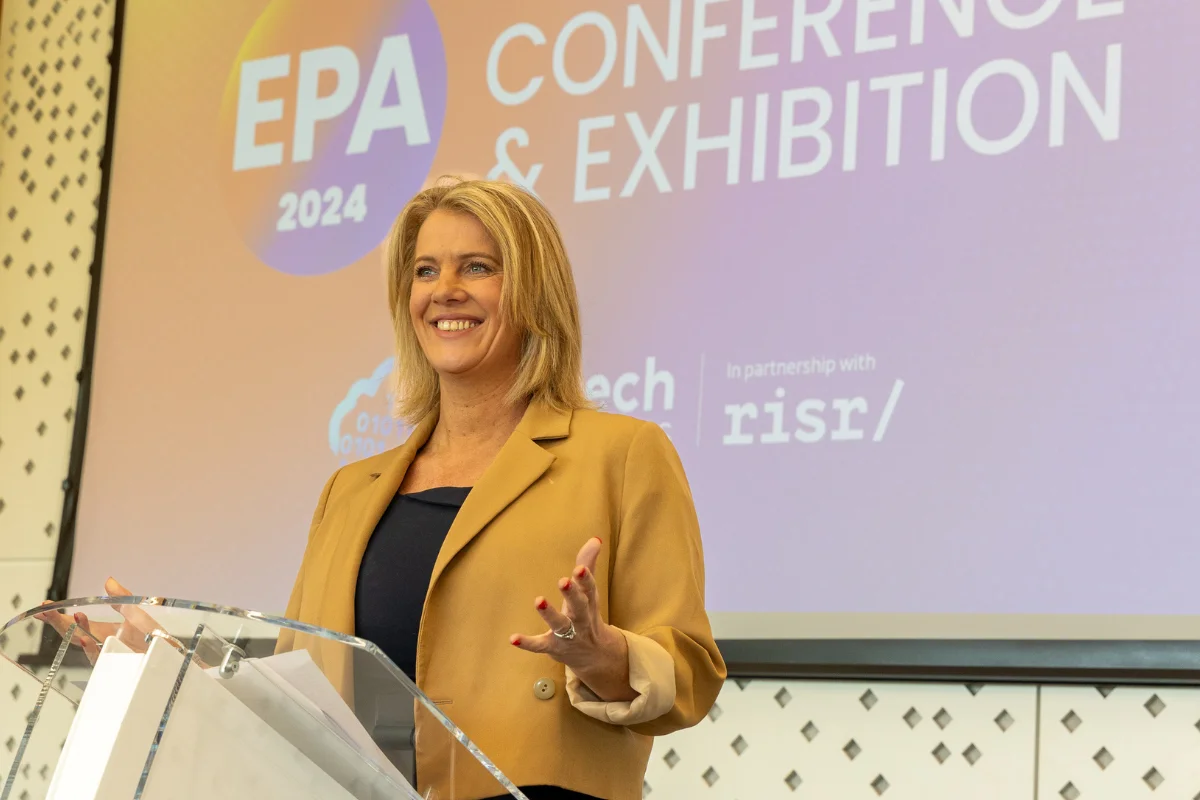Director-General Carolyn Fairbairn speaks at Royal Society

Carolyn Fairbairn outlines how our education system needs to adapt in a changing world:
Thank you very much, Venki, it’s great to be here.
And, frankly, great for once to have an excuse not to talk about Brexit…much.
Instead, this morning I want to talk about:
- Why, from a business view, the Royal Society is right to call for a review of post-16 education.
- How – as so often – business and science have from different perspectives arrived at many of the same conclusions.
- And, above all, the deep connection that exists between enquiry – that is, the art of finding out – and enterprise – the art of business – and how that connection must and can be renewed
Last month, the historian Adrian Tinniswood published a brilliant book about the Royal Society.
The book traces the Royal Society’s origins in Restoration Britain.
And explains how at a moment of national upheaval…
…some of the greatest minds of the age came together to pursue a new kind of knowledge.
It was an approach to uncovering truth not through dogma, diktat or decree.
But through experience, experiment and free enquiry.
It was the beginnings of the modern scientific method.
Yet as Tinniswood’s book records:
“This wasn’t merely a desire to acquire knowledge for its own sake…
“…The founders of the Royal Society were moved by the conviction that improvement of knowledge would lead to improvements in trade, commerce and manufacture.”
And they were right.
Royal Society support for new navigational tools made possible the growth of global trade in the 18th Century.
That relation between knowledge and commerce is just as strong today.
The Royal Society’s Entrepreneurs in Residence scheme, for instance.
It matches business people with cutting-edge industrial science, research and innovation.
And the relationship is not just one-way.
One of our members, Tata, is today investing millions in a Royal Society project to develop young scientists.
But I mention all this not just because it’s a good story.
But because it’s relevant.
And if I can make a bold claim…
…I predict that when historians look back on our era…
…they will see that we are too are going through a time of great change and upheaval.
Much like the period in which the Royal Society was founded.
Yes, there’s Brexit.
But it’s so much more.
We are undergoing a tidal wave of change that is affecting every part of and fibre of society.
And if we are to navigate these waters…
… the free spirit of enquiry must be renewed and revitalised.
From my role at the CBI I see the power of this change most clearly in the world of work.
And in three main areas.
First, there’s our increasingly globalised economy.
Which means that our employers, customers and competitors…
…are as likely to be based in the next continent as the next town.
Where work was once concrete and tangible…
…perhaps about making a particular product in a particular place…
…it is now increasingly conceptual, and mobile.
The interconnectedness of the world…
…which, despite Brexit, will continue to deepen…
…and has created huge opportunity.
But for many in our society it also creates risks.
And, as a society, we must be equipped to meet them.
Second, we must not underestimate the scale of the demographic change we are undergoing.
It is thanks in large part to the genius of medical science…
…that over the past century…
…every 4 hours, life expectancy increased by 1 hour.
It has huge implications for the world of work.
As recently as the mid-1980s, only 56% of over-50s were still working.
Today, it’s over 70%.
A third now expect to keep working past their 70th birthday.
And many alive today can expect to spend a decade – perhaps two decades – longer in work than their parents did.
It can be an incredible opportunity to do and achieve more.
But only if we enter those extra decades with the skills we need.
Not least because of how fast the workplace itself is changing.
That’s the third point.
We’re used to hearing about the rise of automation, machine learning and AI.
The Royal Society itself has done a huge amount of work on it – for which deep thanks.
It is truly excellent insight.
But I still think we haven’t realised the depth and pace of the change.
Most estimates say that between 10 and 30% of jobs will be affected by automation.
But that’s beginning to look like a wild underestimate.
Last month, the CEO of IBM, Ginni Rometty, said that it won’t be 10 or 30%.
But 100%.
Every job will be – is being – affected by automation in one way or another.
And some are very pessimistic about what that means for employment.
There’s a view that goes right back to Karl Marx…
…who devoted an entire section of Das Kapital to “The Strife Between Workman and Machine”.
Now, his predictions were wrong – in the longer-term at least.
The machinery of the industrial revolution ultimately created jobs.
And lifted their quality too.
But this time, we can’t afford to be complacent.
Last year, Andy Haldane warned that the rise of machines that can think as well as do…
…are a much greater threat.
And if we are to avoid that threat, he said…
…the fourth industrial revolution must be matched with a skills revolution.
There are some early, encouraging signs.
Deloitte has worked out that in the past 15 years…
…automation has help create four times as many jobs as those lost.
As automation takes on lower-skilled tasks…
…the labour market has shifted in favour of higher-skilled work.
And on average, each job created is paid £10,000 more than the lower-skilled jobs they replace.
Our own research shows that almost 80% of employers…
…expect to increase the number of higher-skilled roles in coming years.
So new technology can be a tremendous good
But all these changes taken together
… globalisation…
…the decades longer we’ll spend in work…
…and the need for higher-level skills…
…have profound implications for how we should educate people before they enter the workplace.
For a world that’s more dynamic.
More competitive.
More fluid.
More global.
Of course, it’s precisely these facts that we are responding to in today’s conference.
And they’re why the Royal Society is right to call for a review of our education system.
In the business world, we’ve reached many of the same conclusions.
work










Responses